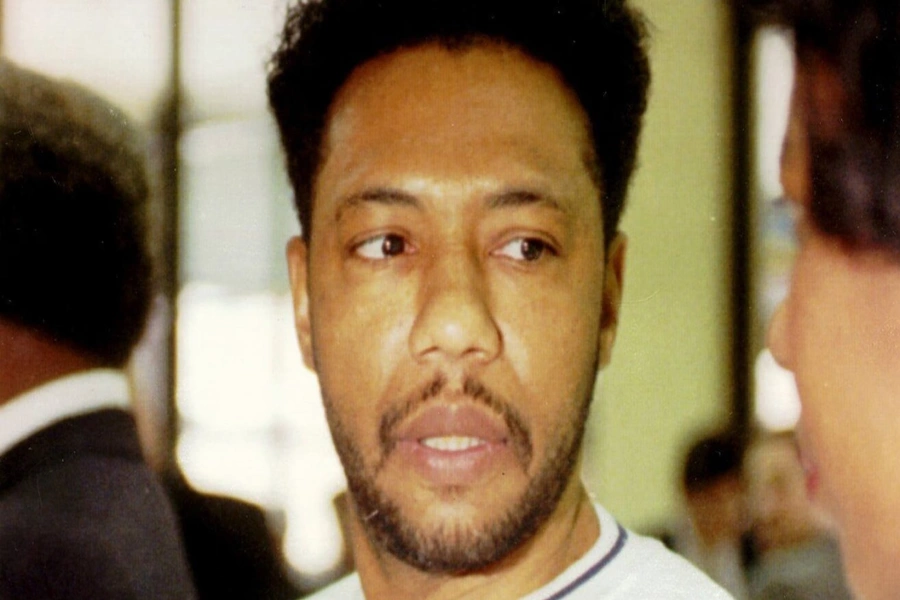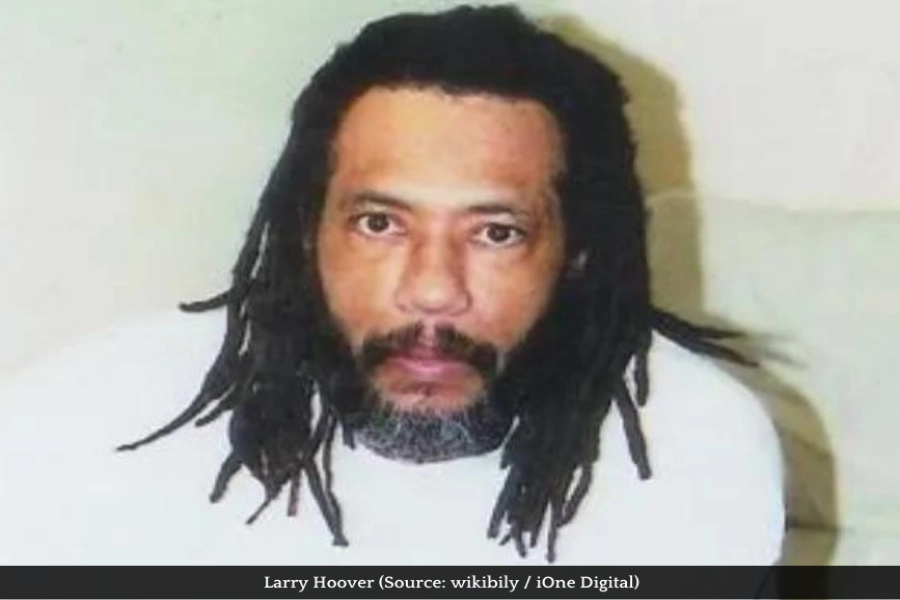In a remarkable decision, former U.S. President Donald Trump commuted the federal life sentence of Larry Hoover, the notorious founder of the Gangster Disciples gang. Announced on May 28, 2025, the commutation sparked a wave of national debate among legal scholars, political analysts, victims’ rights advocates, and communities still grappling with the effects of gang violence.
While Hoover’s federal sentence has ended, he remains behind bars serving a 200-year state sentence related to a 1973 murder conviction. This article explores the legal foundation for Trump’s clemency, the political context surrounding the decision, and the broader implications for justice reform in the U.S.

Who Is Larry Hoover?
Larry Hoover, now 74, is one of the most infamous gang leaders in American history. He co-founded the Gangster Disciples (GD) in the 1970s in Chicago. The gang evolved into a nationwide criminal network involved in drug trafficking, extortion, and violent crime.
In 1973, Hoover was convicted of murder. Then in 1997, while already in prison, he received six consecutive life sentences for continuing to run gang operations from behind bars.
What Is the First Step Act and Why Was It Used?
Legal Justification
Trump’s legal team relied on the First Step Act, a bipartisan reform bill passed in 2018, to justify the commutation. The law is designed to reduce mass incarceration and reward inmates who show evidence of rehabilitation.
Supporters argue Hoover’s non-violent federal charges—mostly drug-related and racketeering offenses—qualified under the act, especially considering his age and purported transformation in prison.
Disputes Over Eligibility
However, federal prosecutors disagree. They argue Hoover’s ongoing gang leadership from prison disqualifies him from clemency under the First Step Act. They warn this decision sets a dangerous precedent and may undermine public trust in justice reform.

Trump’s Political Motives: Reform or Strategy?
A Pattern of High-Profile Pardons
Donald Trump has a history of issuing controversial pardons—often to celebrities, political allies, or figures with high media attention. Critics suggest that commuting Hoover’s sentence could be a strategic move to appeal to Black voters, especially in urban centers like Chicago.
Celebrity Involvement and Public Pressure
The campaign for Hoover’s release gained traction after Kanye West, Drake, and other celebrities publicly endorsed him. They portrayed Hoover as a reformed figure who could now serve as a mentor and positive influence on inner-city youth. His attorney, Jennifer Bonjean, emphasized these themes in the clemency petition.
Legal Status After Clemency
Still Behind Bars
Although his federal sentence is commuted, Hoover remains imprisoned under a state-level 200-year sentence for the 1973 murder. He is currently housed at Dixon Correctional Center in Illinois.
What’s Next?
Hoover was denied parole in 2024, and under Illinois law, he won’t be eligible for review again until 2029. However, his legal team is pushing for a state commutation or early parole, citing his remorse, good conduct, and alleged disengagement from gang activities.
Rehabilitation or Risk to Public Safety?
The Supporters’ View
Hoover’s family and supporters call the clemency “a historic development.” His son, Larry Hoover Jr., and sister, Diane Cooper, highlight his good behavior, self-education, and desire to help prevent youth from joining gangs.
Prosecutors Remain Skeptical
Despite these claims, authorities argue Hoover still holds significant influence within the Gangster Disciples. They warn his release could revitalize gang networks or embolden other incarcerated leaders.
What This Means for Criminal Justice Reform
The Hoover case has become a symbolic battleground for the future of criminal justice reform. While some see his story as a testament to redemption and second chances, others view it as a threat to public safety and rule of law.
This case highlights broader issues in American society: the politicization of clemency powers, systemic inequality, urban violence, and the role of public pressure in legal decisions.
Final Thoughts
Larry Hoover’s commutation is more than a legal footnote—it is a lightning rod for national debate. Whether seen as a triumph of justice reform or a risky political maneuver, this decision will have lasting legal and political effects.
As his legal team shifts focus to state-level proceedings, the nation will be watching. Will Illinois grant further mercy—or will it stand firm in the face of renewed controversy?
FAQ
Who is Larry Hoover?
Larry Hoover is the founder of the Gangster Disciples and is currently serving a 200-year state sentence for a 1973 murder.
Did Donald Trump release Larry Hoover?
Trump commuted Hoover’s federal sentence under the First Step Act, but he remains in state prison.
What is the First Step Act?
A 2018 criminal justice reform law allowing reduced sentences for certain non-violent offenders showing rehabilitation.
Is Larry Hoover free?
No. He is still incarcerated at Dixon Correctional Center under Illinois state law.
Why did Trump commute Hoover’s sentence?
Possible reasons include criminal justice reform goals, celebrity pressure, and political appeal to minority communities.
Can Hoover get out of state prison?
Not yet. He was denied parole in 2024 and won’t be eligible again until 2029.
Is he still involved with the Gangster Disciples?
Prosecutors say yes; Hoover and his legal team deny current involvement, citing rehabilitation.

